Paul had flesh eating disease and almost died. He was hospitalized for three months, spent three weeks in critical care and had 12 operations.
What hits you the most, emotionally, when you think back on your time in hospital?
“Even though it was a tough journey, I’d say gratitude. Those folks saved my life and gave me back my quality of life. There were definitely negative things, and when I play things back in my mind I probably screen some of them out because I don’t want to go back there. I tend to focus more on the positive.”
“I’ve come across so much anger and negativity. I participated in an Ontario government forum with other patients. People for whom things did not go the way they hoped. And they were going to make sure you heard how bad it was! Every once in awhile they would mention how we could go about fixing things, but it seemed to be more cathartic for them to focus on the bad. I can understand that, but for me the outcome was extremely positive. There were some issues I dealt with, but I have a lot of gratitude.”
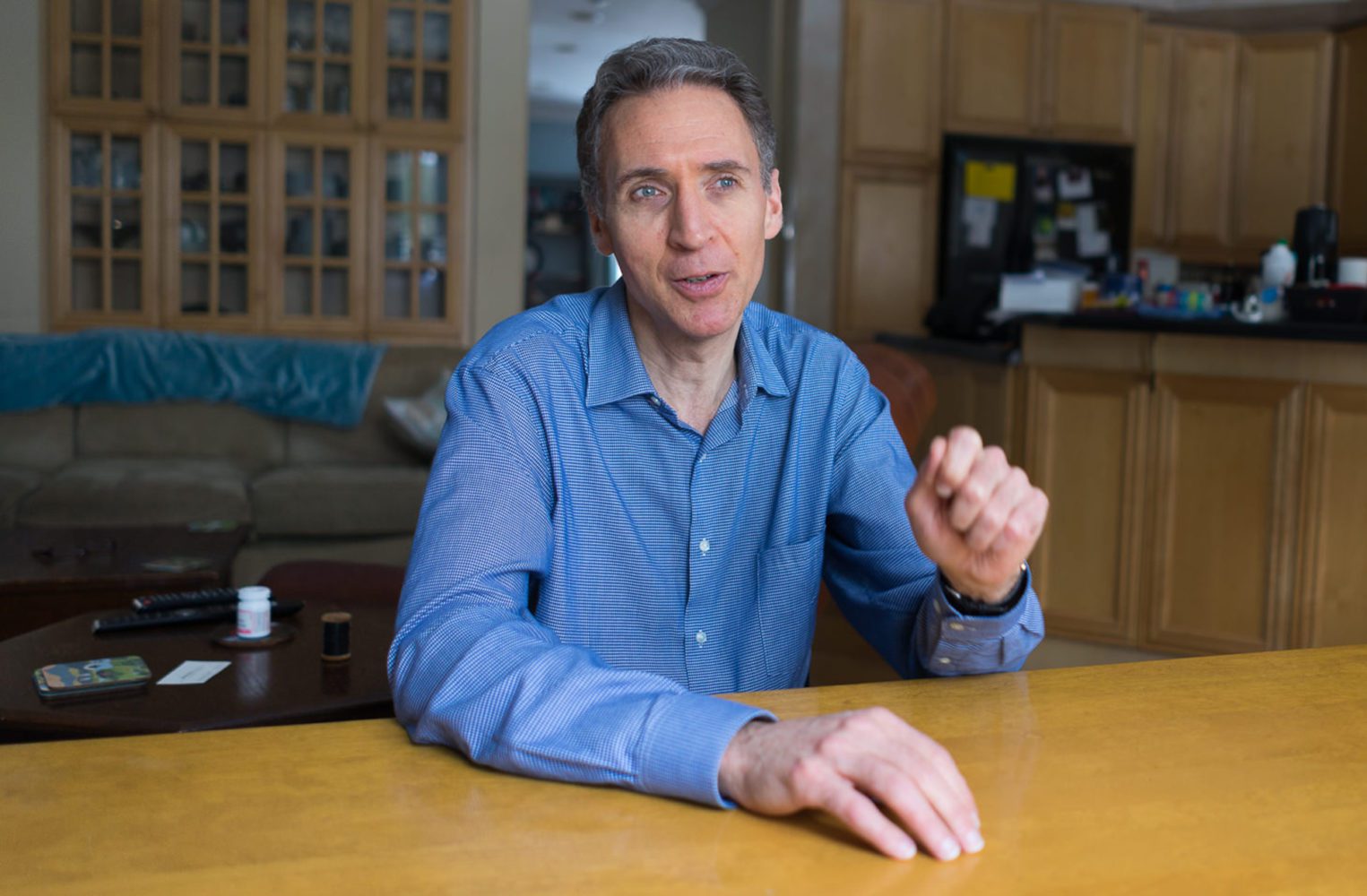
When I was in emerg, on the other side of the curtains, there was a passionate debate going on. Someone said, ‘We have to operate now!’ and others wanted to see how my symptoms progressed. They ended up operating right away.
“In the ICU I heard the voice of the doctor who wanted to operate immediately and called him over. I said, ‘I have to thank you. I could hear you advocating for me to have surgery done fast. Why did you do that?’ He said he was from Norway where there’s a high incidence of flesh eating disease. So he realized that if they didn’t act quickly things wouldn’t end up well.”
“There were a lot of thank God moments in my care. The fact that I lived less than five minutes from the hospital, the Norwegian doctor, and the triage nurse who for some reason recognized how sick I was. I am not sure she fully knew what I had, but instead of sitting in the waiting room for a long time, I was inside within five minutes.”
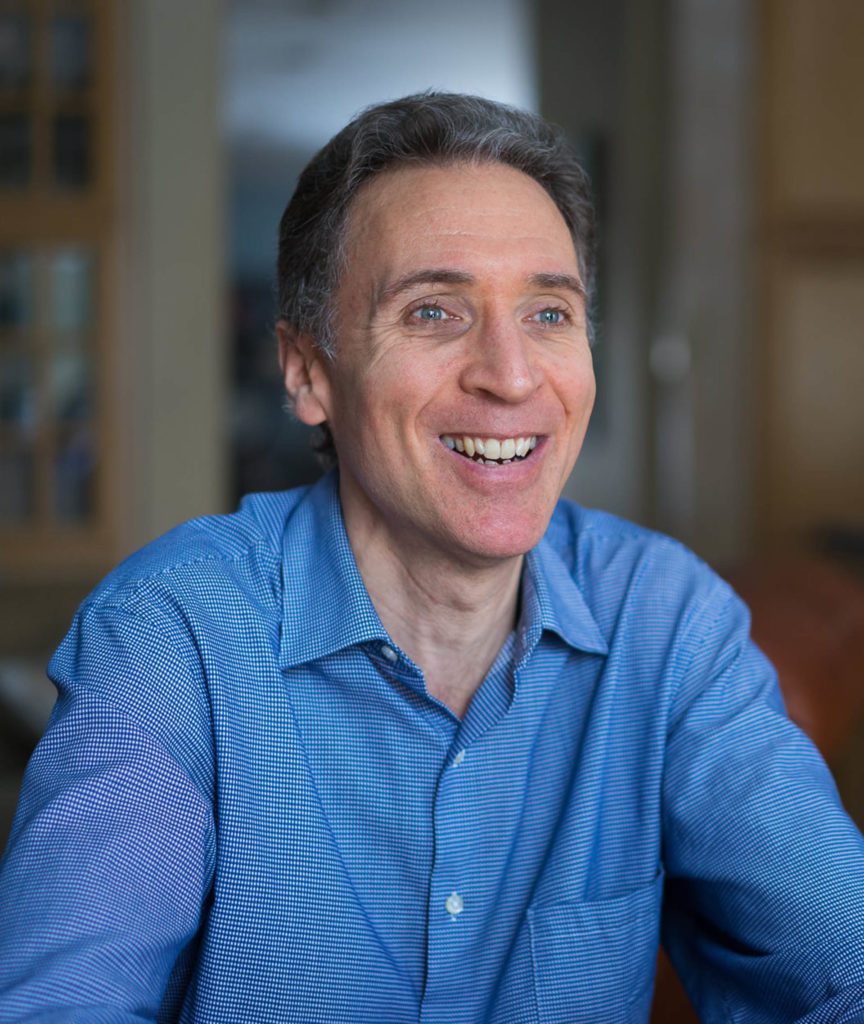
“One of the people in my room had been rear ended by a transport truck that was carrying a load of pigs. One of the few pleasures I had in the hospital was reading the paper every day, and there was a story about the accident. It was all about the poor pigs on the highway that they were trying to get back into the truck, and nothing about my roommate who had broken his leg and hip. We had a good laugh about that.”
“For me, humour has been tremendous for healing. My toes became gangrenous and were going to eventually fall off. At that time a lot of the folks in the neighbourhood were having babies, and we often had a pool to guess the sex, when it would be born and how much it would weigh. I thought, ‘I’m going to have a toe pool!’ Let’s have people guess when the great toe is going to go.”
“The range of reactions I got was interesting. Some people were horrified. Others said, ‘Good for you! You aren’t going to let this thing beat you.’ We did a 50/50 — half to the hospital and half to the winner. We raised about $500 after the winner graciously donated his half to the hospital.”
I still have the toes. The last one came off at 13:13 on October 22. Right after that, walking wasn’t easy, so my wife took the kids out for Halloween. While she was gone I tied the toes up on a string and wore them as a necklace while I was at the door giving out candy. My wife walked up the steps with the kids, saw the necklace and told me to take it off right away!
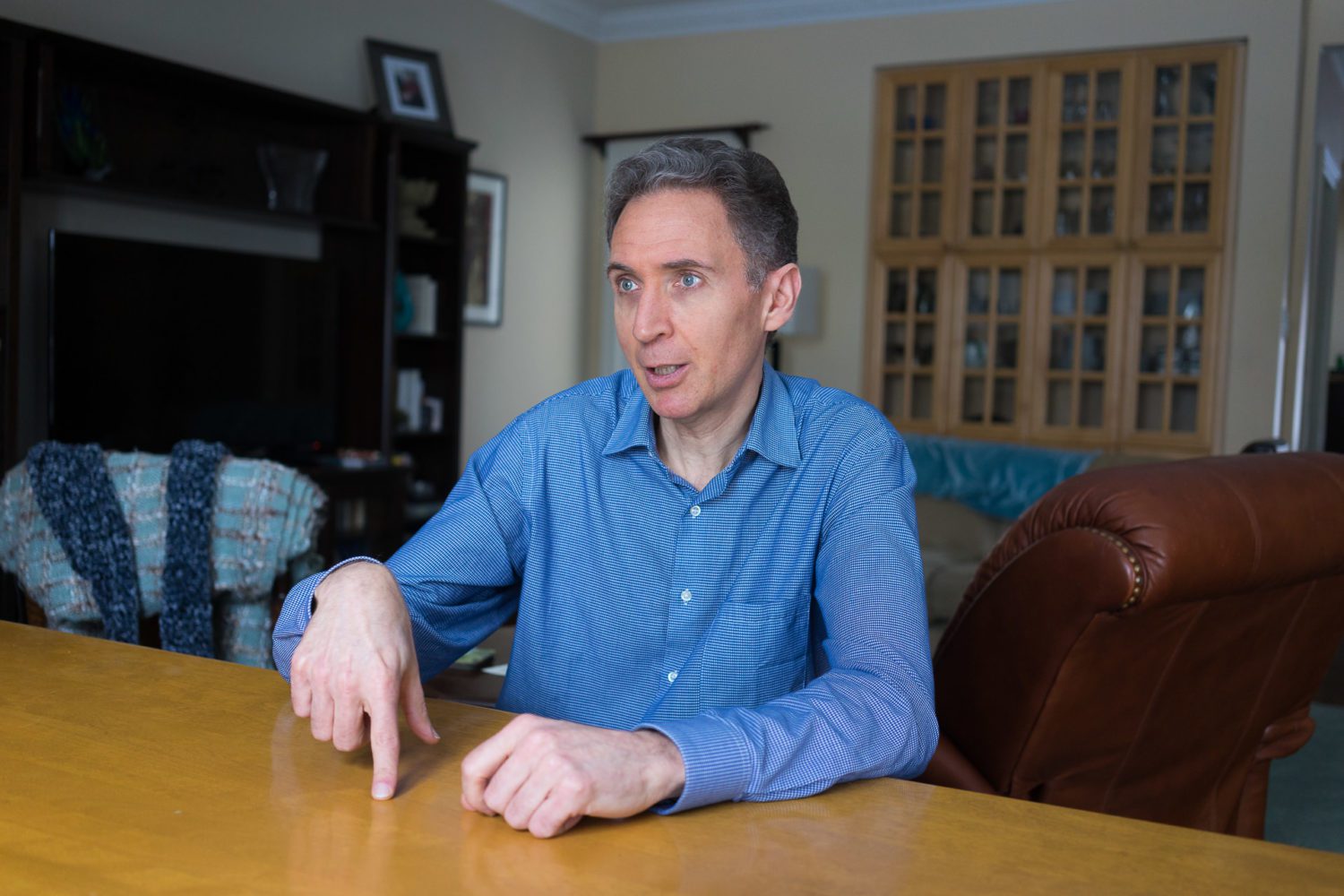
“One thing I lament is what this did to my family. I still have recurring thoughts about that. My three kids were very young. My wife had to look after them while also trying to take care of me. One time I could tell she was stressed when she came to see me. I said, ‘Listen, I love you. I know you love me. Your job is to take care of the family. My job is to get better. I won’t think any less of you if you don’t come up all the time.’”
“She had to have a fair amount of therapy. My youngest daughter suffers from anxiety and part of me thinks that the experience of seeing what happened to me, probably subconsciously, has contributed to that. When I ask her, she doesn’t remember a lot — she was only six at the time. My wife bought her a bear at the gift shop that she still has. I was on a ventilator, and when they took the tube out of my throat I was hoarse when I talked, and that scared her. Apparently when my son first saw me really sick, he didn’t speak for the next couple of days at school and had to get help from a counsellor. I put my family through a lot, and I still have residual guilt over that. The impact my illness had on them was a big motivator to get better and get the hell out of that hospital.”
“I am a spiritual person and I prayed for the doctors and the nurses to do their job well, and for me to get better. But the biggest impact of my spirituality was that I felt an obligation to get better because so many people in my church and around the world were praying for me. The fact that they had that amount of faith in God and in me meant I couldn’t let them down.”
“I don’t have blind faith; you know, ‘God will take care of everything.’ But I also recognize that given the amount of things that went right — the short trip to the hospital, the triage nurse, the Norwegian doctor, you name it — there was some divine intervention there.”
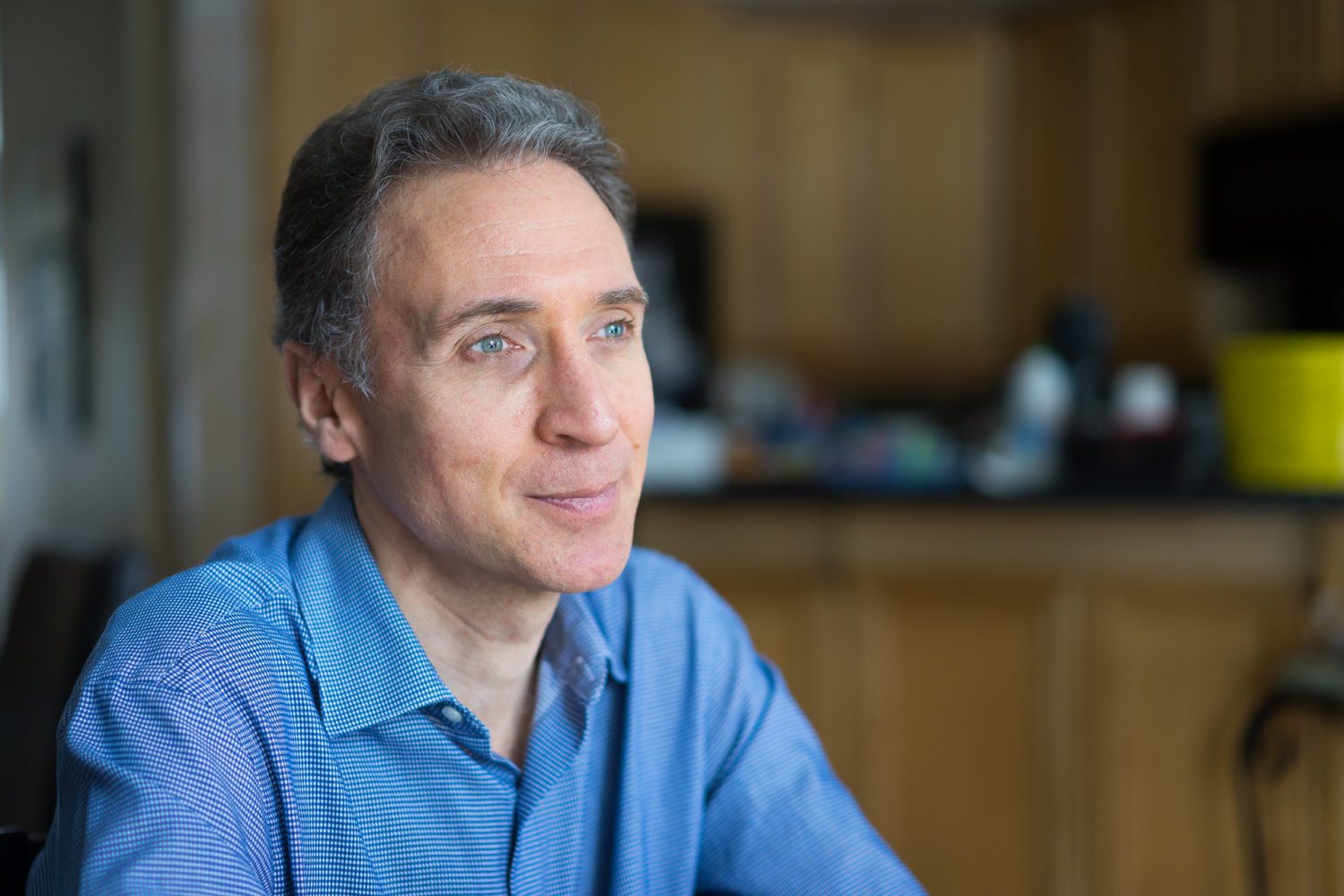
“I come from an accounting and audit background and knew nothing about the medical system. They would tell me about all the pills I was taking but I really didn’t understand them. But I do know numbers. I know how many pills I am supposed to get at various points in time and what colours they are. When they gave me my pills I would immediately do a pill audit. A surprising number of times the pill count was off. You would have thought there would be automated dispensing systems!”
You realize that mistakes happen. This is going to sound foolish but I kind of thought doctors and nurses were perfect. But they are human and make mistakes. I never would have fathomed that, as asinine as that sounds.
“When I started to realize that these guys were prone to error and have good days and bad days, I got a little more focused on managing my own care. I carry my own file around and take my own notes. I do that not to be a smart ass but because I would be foolish to think that some things aren’t going to be missed.”
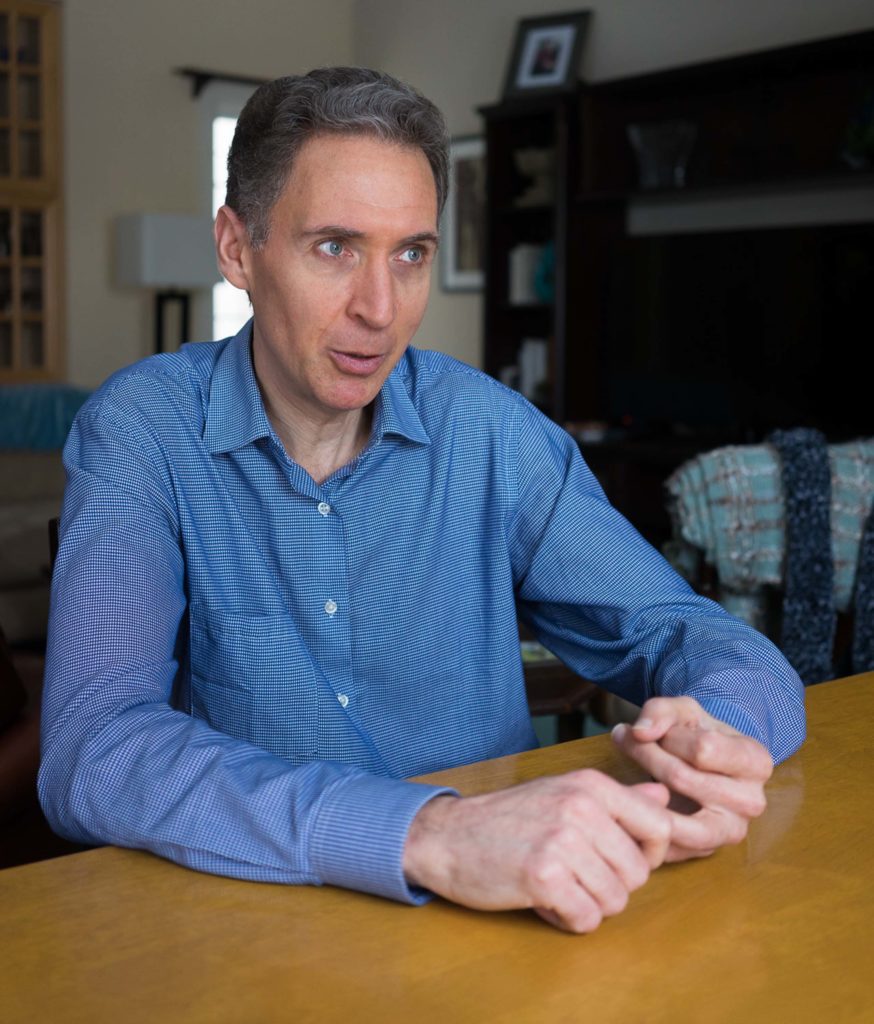
In my hospital room there was a revolving door of people — some fun people and some not so fun. The first thing you do is introduce yourself. ‘So, what are you in for?’ It sounded like a prison. ‘I had flesh eating disease.’ ‘Yikes, is it contagious?’
“You’ve got all these people walking around in uniforms telling you what to do. The quality of the food is not the best. I haven’t been incarcerated before, but having watched the movies enough I thought, ‘You don’t have your own choices, food isn’t great, there are uniforms and shady characters, some people are handcuffed to the bed, there’s a police presence. We’re not in Kansas anymore.’”
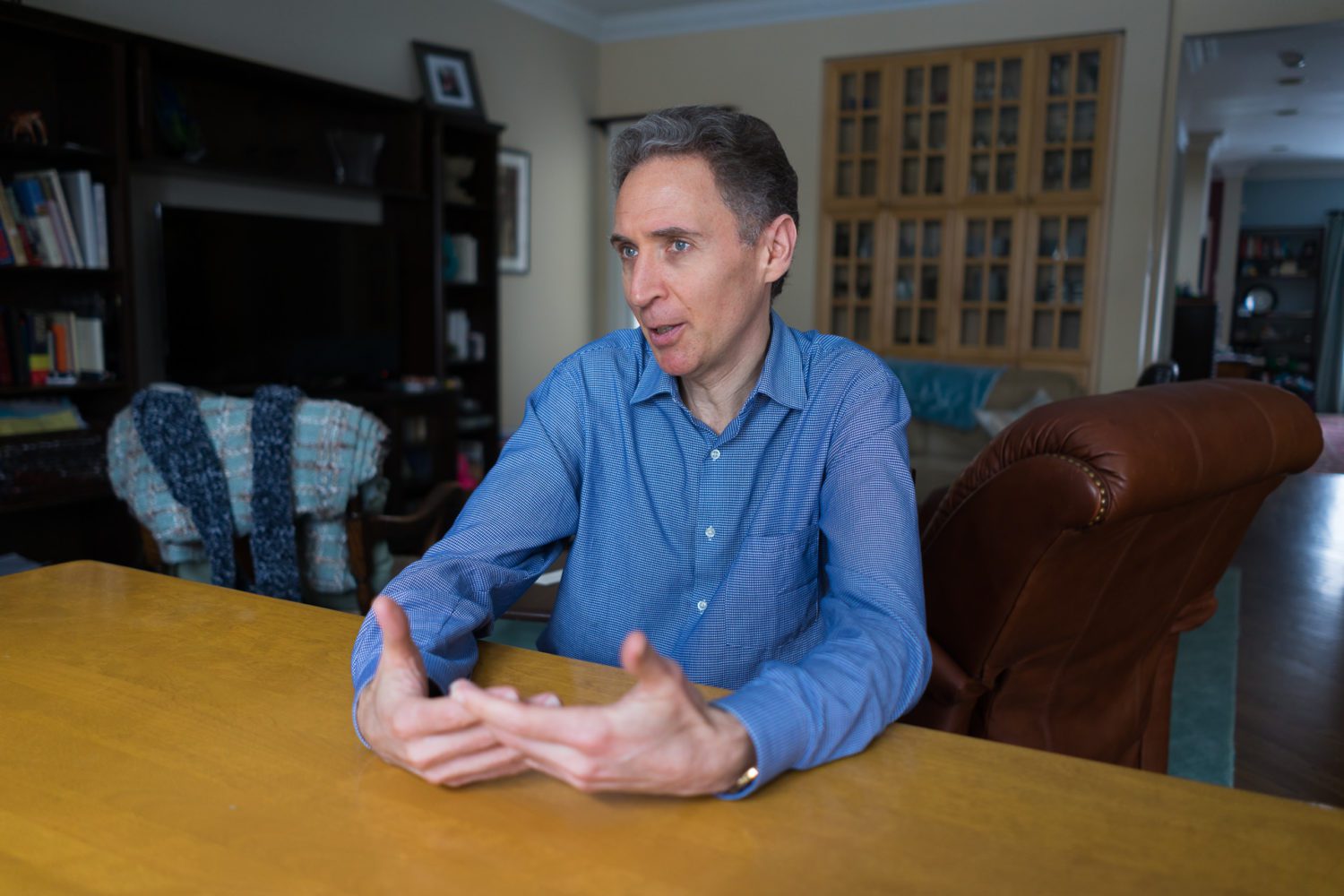
“They forgot to take some staples out of my scrotum and the skin had grown over. The intern started gently pulling them out. The doctor came over, pushed him out of the way, pulled them all out, turned to the intern and said, ‘Your level of tolerance for causing your patients pain is too low.’ And he walked out. Not exactly the bedside manner you would want.”
“In the volunteer work I am doing around person-centred care, one of the ways I am trying to give back to the hospital is to help put compassion back into health care. When I ask people why they got into healthcare, they usually say they wanted to make a difference for people. The reality is that the cost pressures and scheduling challenges and everything else have taken them away from that.”
“We’re teaching everybody to first ask what’s most important to patients at the beginning of their interaction. The answers are often surprising. Somebody shared an experience where this guy was about to have major heart surgery. She was expecting him to ask about his outcomes, but he asked where his wife was. She was supposed to be coming to see him but she had anxiety driving. He was more worried about her than about himself. So they called his wife and made sure she was safe. Sometimes we have assumptions about what’s on patients’ or family members’ minds that aren’t accurate.”


The comments section is closed.